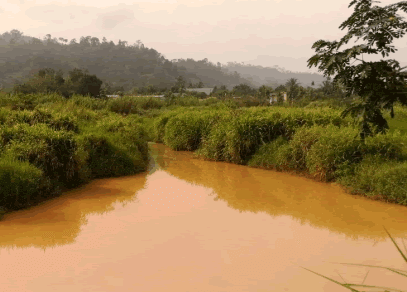Research: 80% of Water Facilities in Wassa East District are below standard
According to the researchers, only two out of the number of water sources/facilities met the minimum intentional certification standard. One common observation which runs through was that almost all the 12 water samples have low pH levels.

- Advertisement -
- Advertisement -
- Advertisement -

By Kwadwo Buabeng
- Advertisement -



